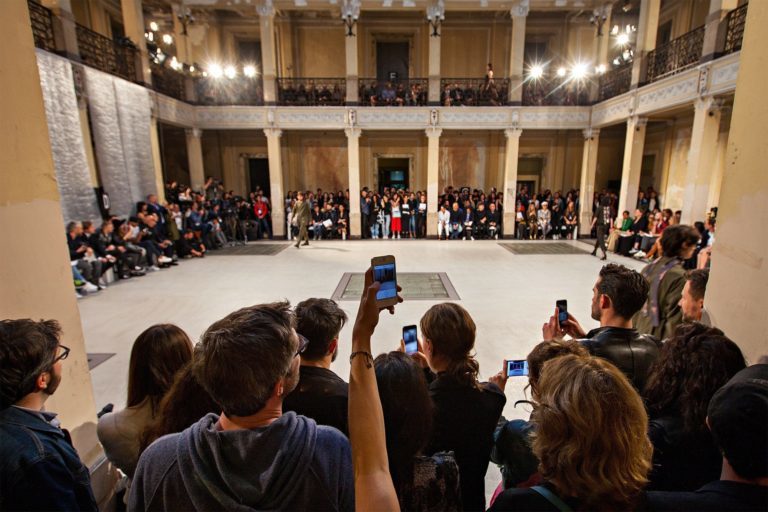As usual, it was a turbulent summer for social spaces in Milan. On July 27th an investigation involving RiMaflow has started, and Commonfare is following the evolution of this complex event, which worsened due to an eviction procedure that has been postponed untile November, 28th. Additionally, other social spaces have been evicted: the social center Zip (whose eviction happened not even three hours after the occupation undertaken by the Student Network) and the Collective Lambretta (July, 31st), to come to the highlight of these days: to evict (“in a soft way” according to the newspapers) Macao from the building located in viale Molise, where it grew up, in grace and beauty, becoming a hotspot for the city.
It is almost impossible to remind the long list of initiatives promoted over the years by Macao, a space born to be a museum from below, a catalyst of people's desires, and which has become, over time, a place of cultural and artistic experimentation that has opened fields of research (from the economy of events to bitcoins and complementary currency experimentation) and generated extraordinary meetings. Macao has redeveloped a neglected space and has made it open and attractive to most of the national and international intellectuals - which have in fact visited it over time - as well as to many young people who have crowded parties and concerts.
This is the actual meaning of “social innovation” that inspires us, and we recall it every day by collecting stories on commonfare.net. Words such as "community" and "democracy" or "social ecosystem", values such as participation, transparency, solidarity, collective planning must be practiced and made concrete. Does the Municipality of Milan want to sell the building located in Viale Molise to collect funds to fill the gaps in the municipal budgets, within a package of cost increases that worries a lot the inhabitants of the city, or is the city council ceding to a repressive maximalist line, imposed from the outside? In either case, the narration of a wealthy, creative, open and enlightened city stumbles upon the impoverishment of meaning, resources, and energies. The concern that the cruel neoliberal dogma and an acute punitive fundamentalism prevail, prescribing the agenda to politics even when the government is supposed to be progressive, is very high in Italy, especially in this historical moment.
Commonfare is a European project: we do research, not politics. However, the object of our research is, in fact, a possible alternative model to that of financial capitalism that impoverishes people, cutting forms of support and remaining blind not only to the needs but paradoxically even to possible solutions. Precarity and poverty represent a form of control that tries to impose silence and undermines the opportunities for exchange among people. However, despite the obstacles, people and social realities continue to strive to build, piece by piece, this different self-determined model in stubborn and contrary direction. From this point of view, our attention and sensitivity are also and already political: it is a research - at once ideal and immanent – about the links between life and politics, between life and knowledge. A complex tangle in which multiple materials and arguments, signs, intuitions and practices are embedded.
Macao, as well as RiMaflow, takes part in this project as bottom-up welfare “good practices” that we have investigated in order to identify possible common ideas and uses, to the advantage of sociality and the creation of a supportive community. Last July, Macao was at the center of the experimentation of a complementary currency - called Santa Coin - at the Santarcangelo Festival, developed with the support of the Commonfare project.
Macao is part of our research community and will continue to speak up also through commonfare.net. Macao thinks of resisting, but also of accelerating, endowing itself with useful tools to start a social enterprise. We can call it an “enterprise of the commonwealth”, making concrete a form of social ownership already mobilized in the past few months, but which now Macao is trying to really shape.
The recent events regarding RiMaflow and Macao put on the table a question that seems increasingly unavoidable: why do the forms of autonomous and social experimentation – forced to grow, at least in Italy, on a formal level of illegality – are subject to repression instead of being an incentive to the institutions by triggering processes of valorization and innovation?
We will follow Macao's path with great interest, not only from the point of view of our research, but also as citizens who are interested in new projects of cultural participation. The next meeting with the city of Milan will be on October 5, “Requiem for the neoliberal left”. We’ll keep you posted!
